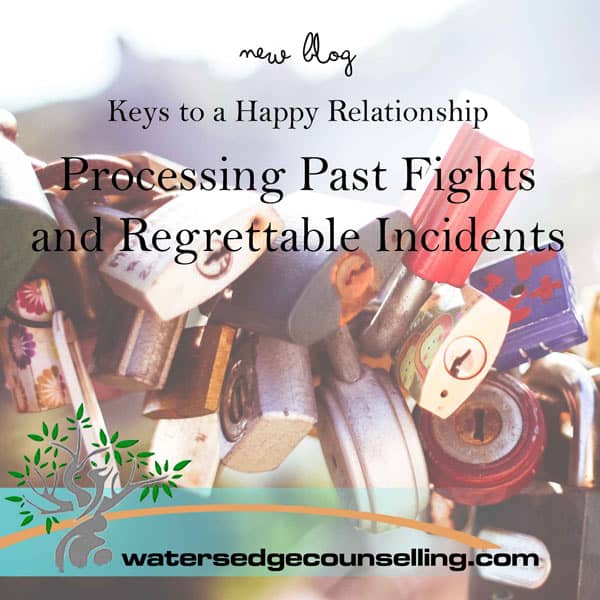“Experience is the best teacher, and the worst experiences teach the best lessons.”
Anurag Prakash Ray
Throughout my life experience, I have come to recognise that some of my most valuable life lessons – lessons about who I am and how I relate to others; were not taught in any classroom or lecture theatre, but by reflecting upon my own experiences and in particular, the tough experiences. It is often in examination and dialogue with a trusted friend or counsellor about these experiences, that we understand ourselves more. We learn about our strengths and weaknesses, and the pitfalls we will avoid should an experience of this nature reoccur.
I believe that this same principle can apply to our marriage and couple relationships -if we have the courage to go there.
In my own marriage relationship, it is still the hardest thing to turn towards my partner after a negative incident and revisit it together. I fear being hurt again. My partner needs time to settle the frustration that rises up in him.
As I sit with couples in my counselling practice, I have found that my own couple experience is not so dis-similar to many other couple relationships. We prefer to avoid talking about the negative event for fear that it will create more of the same! However, if we concur with the belief that experience is the best teacher and our worst experiences teach the best lessons, then you may be missing out on what is ultimately your best opportunity to learn how to avoid those pitfalls that take you to places of conflict and pain in your couple relationship.
Revisiting a fight or regrettable incident together allows you to process the experience with the aim of greater understanding.
You cannot do this effectively until you are both calm and able to talk about the incident less subjectively. Initially, this may not be possible, and you might consider seeking out a counsellor or a trusted and objective friend to help facilitate the conversation to help you become familiar with the process. Remember, you don’t have to have this conversation immediately after the incident. Allow yourselves time for the incident to settle and its emotional energy to weaken before you agree to revisit the experience.
Learn to acknowledge that each of your realities is valid. Our perception of reality will be different but true to you personally. Rather than focusing on the ‘facts’ of the incident, follow these 5 steps:
- Share your feelings. Do not give any long explanation about why you felt that way and do not comment on your partners feelings.
- Describe your ‘reality’ and take turns. Summarise your partner’s ‘reality’ after you have listened to them.
- Share what experiences or memories triggered and may have escalated the incident for each of you. Talk about why these are triggers for you each.
- Accept responsibility for your part in the fight or regrettable incident.
- Talk about how you could each do it differently next time – try the question, ‘What is one thing I could do that would change this pattern?’
This process will take time and practice, however persistence is the key to learning how to navigate this conversation successfully.
Look out for the follow up blog that will describe this process in more detail.
Do you want to take your relationship to a new level? Would you like to discuss how cultivate a healthy connection? Here’s what you need to do: contact WatersedgeCounselling on 0434 337 245 for a FREE 10-minute phone consultation on how we can best help you, or press book now.

Leave a Reply